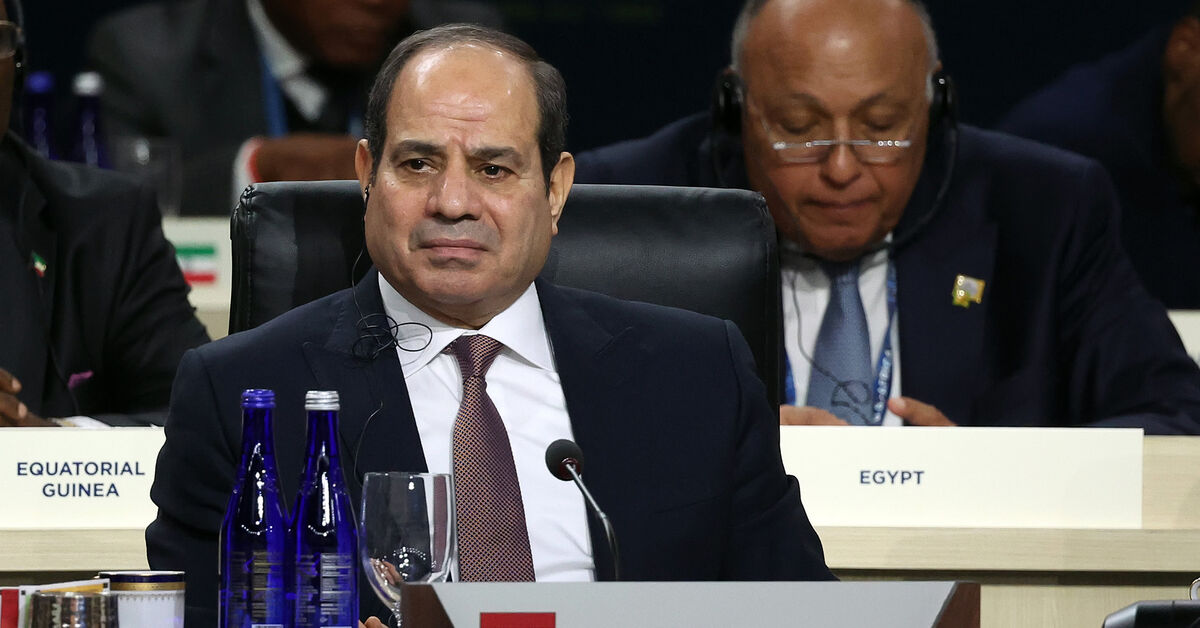
Egypt’s government has vowed to fast-track its sweeping privatization programme as it scrambles to satisfy International Monetary Fund (IMF) conditions tied to a multibillion-dollar loan, Prime Minister Mostafa Madbouly said this week.
Madbouly reaffirmed his cabinet’s commitment to completing “as soon as possible” the public tender offer programme — a key pillar of the IMF’s structural reform demands — aimed at reducing the state’s role in the economy and increasing private sector participation.
Speaking on Sunday, October 5, the prime minister stressed the urgency of pushing the initiative forward by drawing on “the expertise of prominent executives from the public and private sectors.”
According to a statement issued by the Council of Ministers, Egypt’s latest economic indicators show a stronger contribution from private enterprise alongside a significant cut in public investment.
Madbouly added that regular meetings with relevant ministers will be held to track progress on the privatization push.
The programme spans a range of strategic sectors — including telecommunications, banking, petrochemicals, pharmaceuticals, mining, oil and gas, tourism, airports, and real estate — with the government seeking to list state-owned companies on the stock market or sell stakes to private investors.
Cairo also intends to strengthen the Egyptian Exchange’s role as a key investment hub while attracting foreign strategic partners to buy into public enterprises.
The renewed urgency comes ahead of a crucial IMF review of its $8 billion (approximately €7.3 billion) loan arrangement.
The fifth review was postponed earlier this year due to delays in fulfilling Cairo’s pledge to scale back state involvement in the economy.
Julie Kozack, the IMF’s communications director, warned on July 3 that “strict adherence to the schedule” was essential for unlocking the next disbursements before the end of 2025.
Finance Minister Ahmed Kouchouk defended the government’s record, insisting that “Egypt is up to date with its structural reform program.” He pointed to a 73% surge in private investment as evidence of the reform plan’s success, describing it as proof of the “solidity of the national economic project.”



